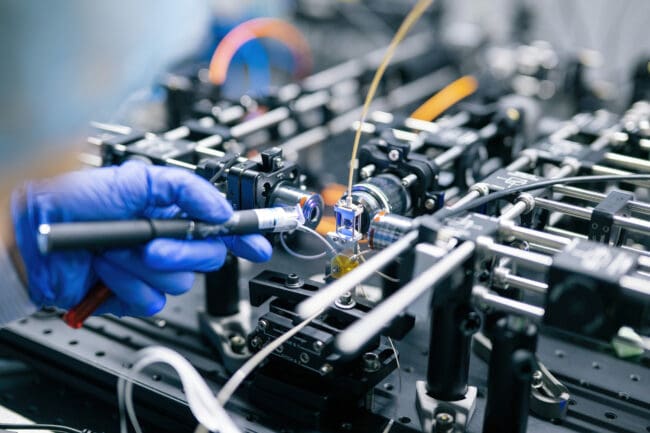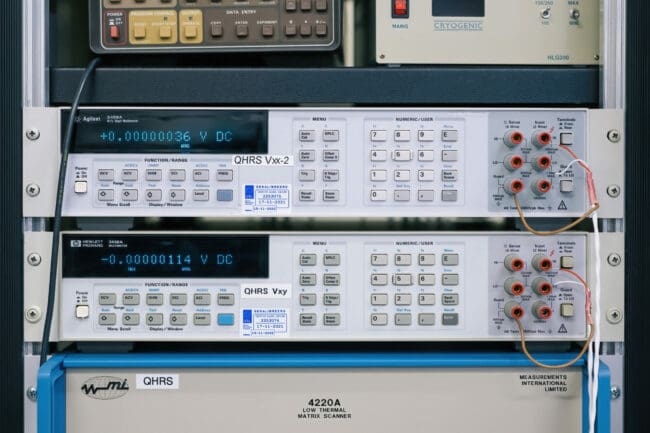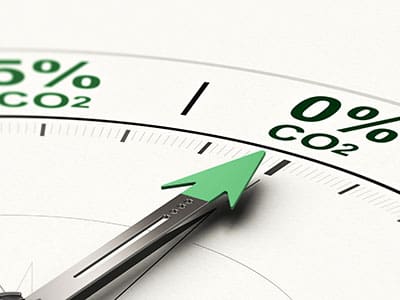Protocol voor SI-traceerbare validatie van methoden voor conformiteitsbeoordeling van biomethaan (BiometCAP)
De algemene EU-doelstelling voor het verbruik van hernieuwbare energiebronnen tegen 2030 is verhoogd tot 32 % in de RED II-richtlijn. De conformiteitsbeoordeling van biomethaan vereist verdere standaardisatie om de toekomst van groene energie in Europa te ondersteunen. De algemene doelstelling van dit project is de ontwikkeling van standaardisatie te ondersteunen en de traceerbaarheid, betrouwbaarheid en karakterisering te bieden die nodig zijn voor de conformiteitsbeoordeling van biomethaan.
















